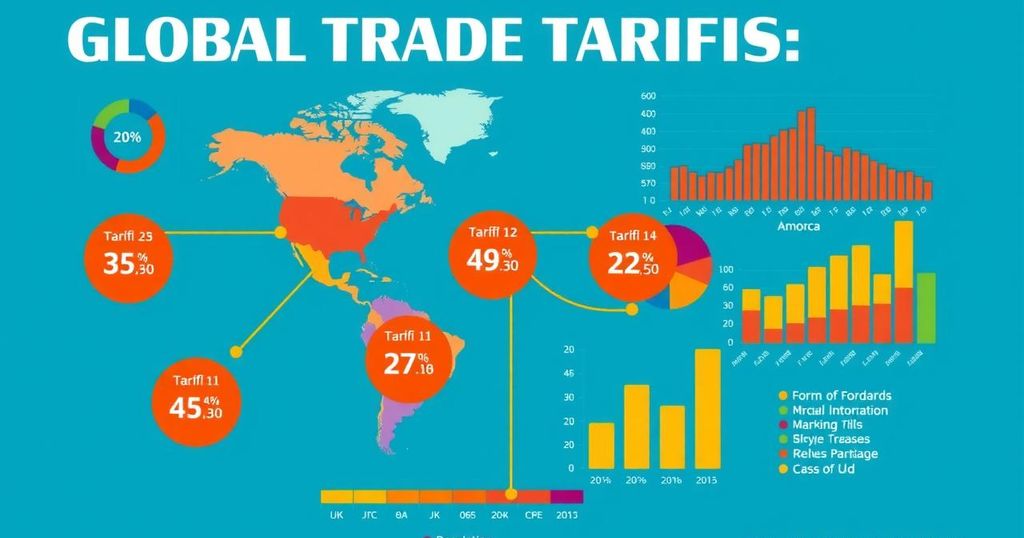A recent Gallup survey reveals that followers primarily seek four qualities in leaders: hope, trust, compassion, and stability, with hope being the most critical. These insights, unveiled at the World Governments Summit in Dubai, emphasize the need for leaders to comprehend and fulfill these needs to enhance their impact and foster positive societal change.
An extensive survey across 52 countries, encompassing 76 percent of the global adult population, has identified four principal characteristics that followers seek in leaders: hope, trust, compassion, and stability. Among these, hope stands out as the most desired quality, closely followed by trust. Conducted by Gallup, these findings were unveiled during the World Governments Summit in Dubai, where discussions centered on the challenges faced by contemporary leadership in addressing issues such as misinformation and artificial intelligence.
The survey underscores that hope serves as a powerful motivator, evidenced by 56 percent of participants associating their preferred leader with hope. Trust follows with a representation of 33 percent. Gallup’s CEO, Jon Clifton, emphasized the necessity for leaders to comprehend the pivotal role hope plays in engaging their followers and propelling them towards a promising future.
Throughout the surveyed countries, ranging from Egypt to Palestine, the demand for hope varied significantly. For instance, Egypt reported a remarkable 72 percent satisfaction in hope fulfillment, while Palestine recorded only 49 percent. Moreover, the survey elucidates the varying importance of different types of leaders based on geographical and cultural contexts, with family leaders being predominant influences in many respondents’ lives.
The data reveals correlations between leadership qualities and overall wellbeing. A higher fulfillment of hope correlates with greater life satisfaction, as evidenced by a ladder metric used in the survey. Trust, the second-most essential quality identified, played a complementary role in enhancing thriving rates among respondents amidst the pursuit of compassion and stability.
The Gallup report outlines that effective leadership transcends authority, emphasizing the significance of earning the trust and respect of followers. Successful leaders recognize and meet these fundamental needs and harness their innate strengths while navigating their roles thoughtfully. Ultimately, the survey concludes that leaders who foster hope, trust, compassion, and stability are likely to create profound positive impacts on society.
In summary, effective leadership hinges on the ability to instill hope and trust among followers. Gallup’s globally conducted survey delineates the crucial attributes of hope, trust, compassion, and stability as essential for leaders. Variances in these attributes across different cultures illustrate the complex interplay of societal factors in leadership dynamics. Understanding and addressing followers’ needs is vital for leaders to ensure their influence and foster positive change.
Original Source: www.arabnews.com




